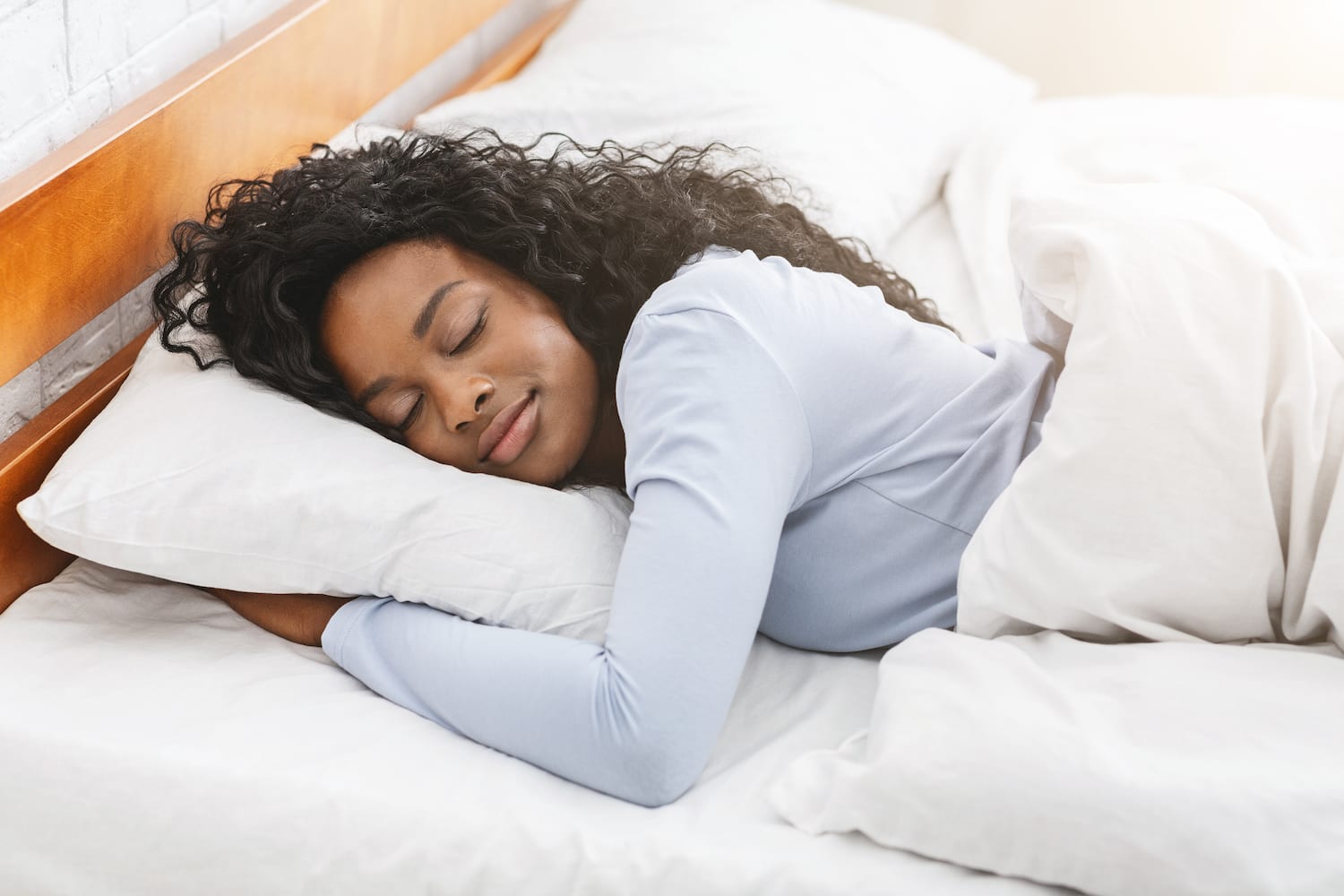Menopause comes with many changes, and the major complaints include hot flushes and interrupted sleep. Insomnia during this stage can result from hormonal fluctuations and many discomforts that lead to stress and anxiety. For this reason, many women try natural remedies and different drugs to resolve their sleep woes. Nevertheless, it’s critical to explore the causes of sleep disturbances during menopause.
What are the different types of sleep disturbances during menopause?
Lack of sleep is common in perimenopause, menopause, and post-menopause. During these stages, there’s a high likelihood of sleep problems and hot flashes, and sweats. This can be due to factors like a decline in hormonal levels. For instance, decreasing estrogen levels can cause menopausal symptoms like sweats, hot flushes, mood changes, and anxiety which can further aggravate insomnia. To better deal with this, consult your doctor or join a Midlife Makeover program and learn more about menopausal changes.
The common sleep problems in menopausal women are;
- Difficulties in falling asleep
- Difficulties in staying asleep
- Less sleep time
- Early morning weakening
- Daytime sleepiness and fatigue
Why does menopause affect my sleep?
Menopause comes with many symptoms, and these vary from one woman to the other. They can cause sleep disturbances, which affect a significant number of women. The uncomfortable symptoms of menopause can affect your sleep in myriad ways. These are;
1. Hot flashes
These are sudden yet unexpected heat sensations that are normally accompanied by sweating. Hot flashes affect the entire body but begin on the face and spread to other body parts. They are coupled with temperature spikes and an increase in blood flow to the face. Hot flashes cause a heating sensation that can wake you up. What’s more? They are highly energizing, making it hard to fall back asleep, which affects your sleep quality.
2. Sleep apnea
Night sweats and hot flashes may cause an increased risk of sleep apnea. This is common in women who have undergone surgical menopause. Sleep apnea can also result from weight gain, which is common during menopause. It primarily manifests as lack of sleep but can also exhibit signs like headaches, daytime fatigue, stress, and anxiety, disrupting your sleep even further.
3. Stress& Anxiety
During menopause, your hormonal levels drop, and progesterone is affected. It helps regulate mood and protects against anxiety and depression. High levels of this hormone lead to calming and relaxation effects, boosting your chances of sound sleep. Similarly, low levels of the progesterone hormone can cause frequent bouts of stress and anxiety. It can also lead to restlessness which can cause sleeplessness.
What treatment options should I consider?
You can do various things to improve your health and sleep habits during menopause. These include exercises, stress management, having healthy relationships, and intellectual stimulation. In some cases, controlling how you feel may not be easy, hence the need for professional help.
Talk to your doctor about the treatments that can help with menopausal discomforts and promote better sleep. Some doctors will recommend hypnotics, which induce sleep or improve sleep quality by reducing wakefulness.
In summary
Menopause is associated with hot flashes and many other discomforts that can affect the quality of your sleep. This shouldn’t bother you, though! There are many ways to stay in control of the changes. Talk to your doctor about the available options and choose what suits you best.















Leave a Reply